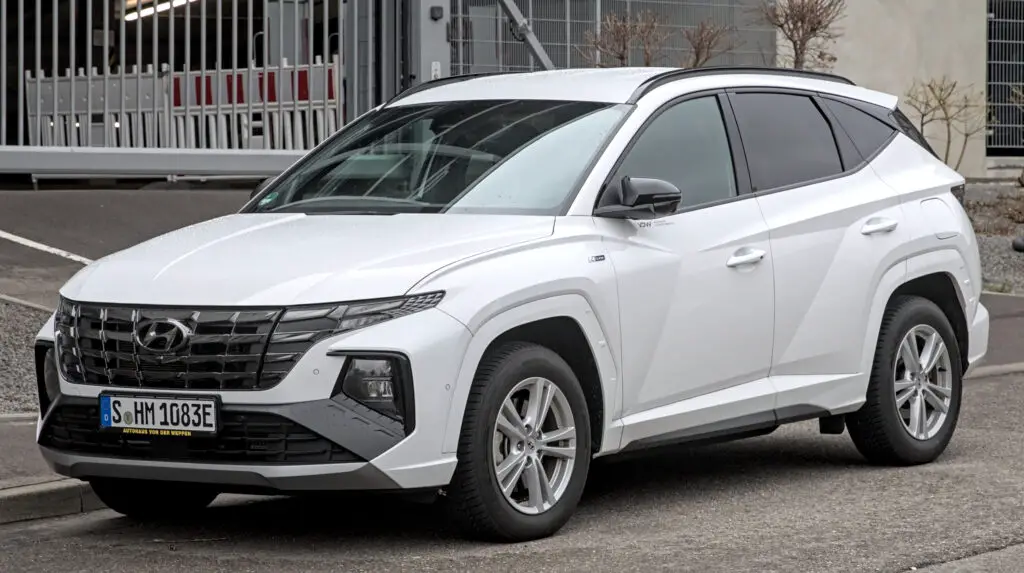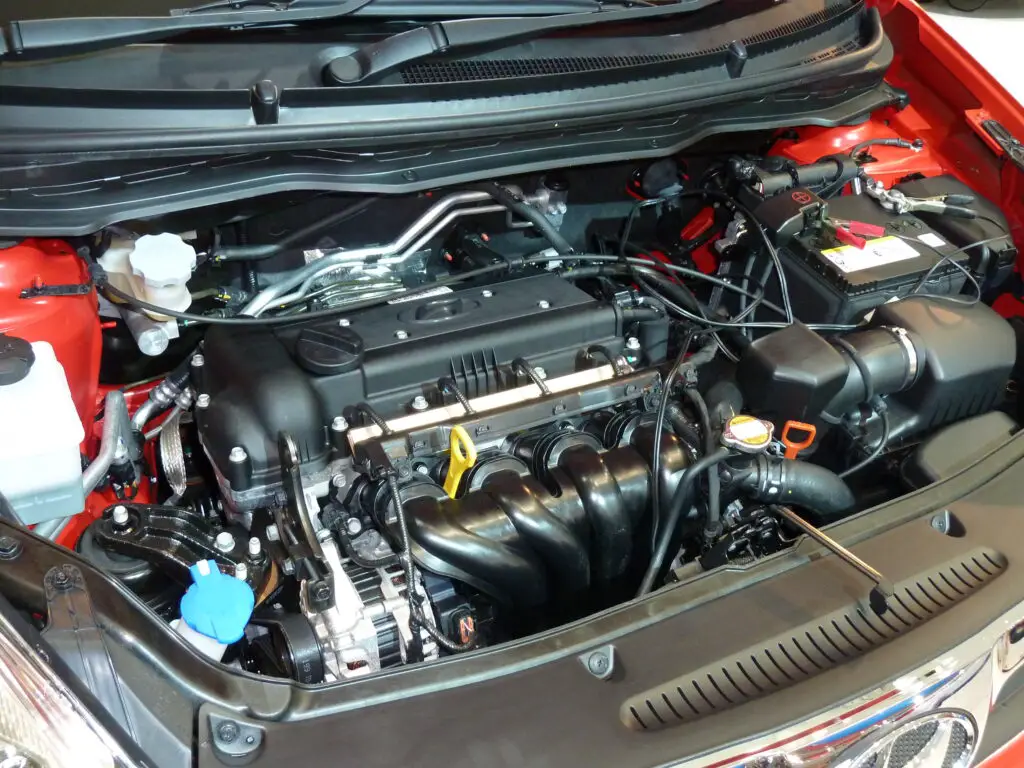Hyundai has addressed its engine problems through recalls, software updates, and extended warranties, reducing incidents of fires and failures. While newer models show improved reliability, unresolved issues in older vehicles may persist without proper servicing.
For over a decade, Hyundai (and its sister company Kia) has faced persistent scrutiny over engine reliability, particularly with issues in their Theta II, Nu, and Gamma engines. These problems have led to widespread recalls, class-action lawsuits, and criticism regarding engine failures, fires, and safety risks.
However, Hyundai has taken significant steps to address these challenges in recent years. Let’s explore the background, progress, and current status of Hyundai’s efforts to fix its engine problems.

Contents
Hyundai’s Engine Issues
Hyundai’s engine troubles became prominent around 2011, focusing primarily on the Theta II 2.0L and 2.4L engines used in millions of vehicles. Common issues included:
- Connecting Rod Bearing Failure: Faulty bearings led to engine knocking, stalling, and, in extreme cases, fires.
- Oil Leakage: Punctures in engine blocks caused by rod failure often resulted in dangerous oil leaks.
- Material Weakness: Some experts blamed the casting of engine blocks for being unable to hold necessary pressure, leading to head gasket and thread failures.
By 2023, Hyundai and Kia had collectively recalled over 13 million vehicles for these engine issues
Steps Hyundai Has Taken to Fixed Engine Problems
Hyundai has faced criticism in the past for engine-related issues, particularly with certain models equipped with Theta II, Gamma, and Nu engines. To address these problems, the company has taken several steps to improve reliability, customer satisfaction, and overall engine performance:
1. Recalls and Repairs
Hyundai launched multiple recalls targeting affected models from 2011 through 2019. These recalls involved:
- Replacing or repairing engines to address damage.
- Adding knock sensor detection software to warn drivers of potential engine failures.
- Installing software to limit power if engine problems are detected.
2. Extended Warranties
To regain customer trust, Hyundai extended engine warranties on many models to reassure buyers of long-term support. This included coverage for repaired or replaced engines.
3. Financial Investments
Hyundai and Kia earmarked over $2 billion for repairs and recalls, demonstrating a commitment to addressing ongoing concerns
4. Safety Updates
The company implemented new protocols to reduce engine fire risks, including enhanced maintenance reminders for customers and inspections during recall repairs.

Remaining Challenges
Despite these efforts, some challenges persist:
- Consumer Trust Issues: Many customers remain skeptical of Hyundai’s reliability, particularly for vehicles from affected model years.
- Repair Delays: The sheer number of vehicles involved has sometimes led to repair backlogs and parts shortages.
- Recurring Complaints: Some drivers report continued engine problems even after recall repairs, suggesting inconsistent outcomes.
Progress Made by 2024
The U.S. National Highway Traffic Safety Administration (NHTSA) officially closed its investigation into Hyundai and Kia engine fires in early 2024. Regulators noted that recall efforts and extended warranties had significantly reduced the number of reported incidents. Additionally, Hyundai committed to ongoing customer outreach to ensure recall completion, a vital step in mitigating unresolved cases
The Verdict: Has Hyundai Fixed Its Engine Problems?
Hyundai has made substantial progress in addressing its engine problems:
- Extensive recalls, proactive software updates, and extended warranties indicate a serious commitment to resolving past issues.
- Reports of reduced fire incidents and better warranty coverage show a positive trajectory.
However, the legacy of these problems still affects Hyundai’s reputation. While newer models seem more reliable, older models from affected years may still pose risks if not properly serviced.
Frequently Asked Questions
Here are some FAQs about Hyundai’s engine problems –
1. What caused Hyundai’s engine problems?
Faulty design in the Theta II engines, particularly connecting rod bearing failure and insufficient engine block material strength, were the primary culprits.
2. What models were affected by Hyundai’s recalls?
Key models included the Hyundai Sonata, Santa Fe, and Elantra from 2011 to 2019. Many Kia models with similar engines were also affected.
3. Are Hyundai engines reliable now?
Hyundai’s newer engines have not faced the same widespread issues. Improvements in manufacturing and quality control seem to have addressed the problems.
4. How can I check if my Hyundai is part of a recall?
You can check your vehicle’s recall status by entering its VIN on the NHTSA or Hyundai recall websites.
5. What should I do if my Hyundai engine fails?
Contact your Hyundai dealer immediately. If your vehicle is covered under an extended warranty or recall, repairs may be free of charge.
Conclusion
In conclusion, while Hyundai has largely addressed its engine problems through recalls and improved manufacturing, the company continues to face challenges in restoring consumer confidence. Future buyers should research specific model years and warranty coverage to ensure peace of mind.